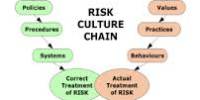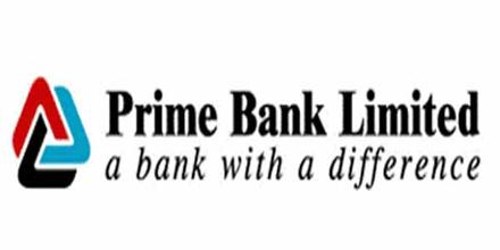When it comes to interviews, it is always a good idea to ‘be prepared.’ Without a doubt, interviews are extremely valuable to an organization because they help the organization find its manpower, and manpower is the lifeblood of any organization. Good preparation takes time, but it pays off in the end: you will be able to evaluate candidate skills more effectively and create a positive candidate experience. As a result, the interviewer’s preparation for the interview is critical because he will make the decision on interviewee selection.
Interviewer’s preparation for the interview –
An interviewer must-have preparation to hold an interview properly. He should have the following preparation:
(1) The interviewer should be well-versed in the company’s profile as well as the nature of the job for which the interview is scheduled. It is critical that you ask questions about skills that are directly related to the duties and responsibilities of the position. This will assist you in determining the candidates’ strengths and weaknesses.
(2) The interviewer should be aware of the type of personality, character, or temperament required for the job. Greeting candidates politely demonstrates respect for them and helps to put them at ease. Tell them about yourself and your company.
(3) The interview letter is sent well in advance so that candidates are not disadvantaged and have enough time to prepare for the interview. Always provide an estimate of how long it will take until the final decision is made.
(4) The interviewer should clearly state in the interview letter which documents the candidates must bring. Explain what the position entails in greater detail than was provided in the job posting so that candidates can determine whether the position is a good fit for them. Inform them of their primary duties and responsibilities, as well as any working conditions that may affect them.
(5) In the waiting room, the interviewer should arrange for proper seating for the candidates. Inquire about specific positions on candidates’ resumes that are relevant to the position you are hiring for. Inquire about job details, responsibilities, what they accomplished, and the pressures they faced.
(6) The interview should take place in a quiet and noise-free environment. The interviewer must create a pleasant environment in which to conduct the interview. For all applicants, use a consistent set of questions. This will allow you to compare candidates and find the one whose skills and abilities are most similar to what you’re looking for.
(7) If the candidate is to be interviewed by a committee, each member of the committee should be provided with a copy of the candidate’s bio-data. It will aid in reducing confusion and time wasted.
(8) The interviewer should decide ahead of time which committee member will initiate the interview and from which side or area. The committee members should be divided into different areas based on their specialization.
(9) The interviewer must provide each member of the interview board with a number sheet so that they can easily mark it. The interviewer should provide the necessary mechanical and logistical support to ensure a smooth interview.
(10) It is critical to inform candidates whether or not they have been hired. This is yet another professional courtesy that brings the interview process to a close for both parties.
The interviewing process is critical in assisting you in finding the right candidate. You must quickly assess their strengths and weaknesses, but more importantly, you must determine whether they will be a good fit.
















